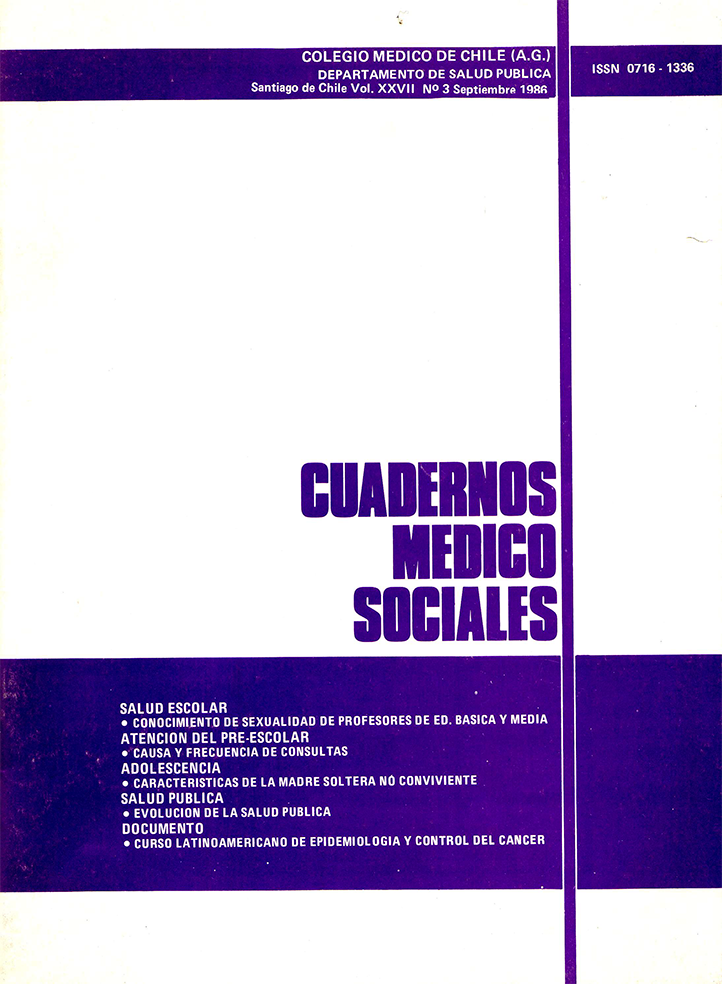Evolución de la Salud Pública
Keywords:
Evolution of Public Health, Health CareAbstract
Health constitutes a dynamic balance between individuals and their natural and social environment. Public health has the community as its subject and is obliged to lead and stimulate the collective efforts, in addition to education, study and research on health problems. Jews were the first to codify hygienic rules received from Assyrians. Both Jewish, Chinese, Indian and Islamic religious text contain rules on hygiene, nutrition and personal health. Rome built up great sanitation works but was destroyed because of epidemics, hedonism and war. Urbanization without sanitation, population and army movements favoured well known epidemics of infectious diseases. Infection began to be defeated trough Snow, Pasteur and Koch who initiated the "microbial era". Scientific medicine leaded by the anatomist Vesalio, the physiologist Harvey and the histologists Malpighi and Virchow has provied tools for protection, promotion and recovery of health. Some infectious diseases have been eradicated, life expectancy have been duplicated in the last 100 years and control of chronic diseases is in development. But, at the same time, an important proportion of world population is lacking basic individual and public health. Primary health care on national basis and family medicine would decrease costs and thus expanding converage and humanizing cold technology. Better quality of life is the current challenge, particularly for developing countries. Public health must lead the collective efforts to achieve this goal.
Downloads
Downloads
Published
How to Cite
Issue
Section
License

This work is licensed under a Creative Commons Attribution-NonCommercial-ShareAlike 4.0 International License.


